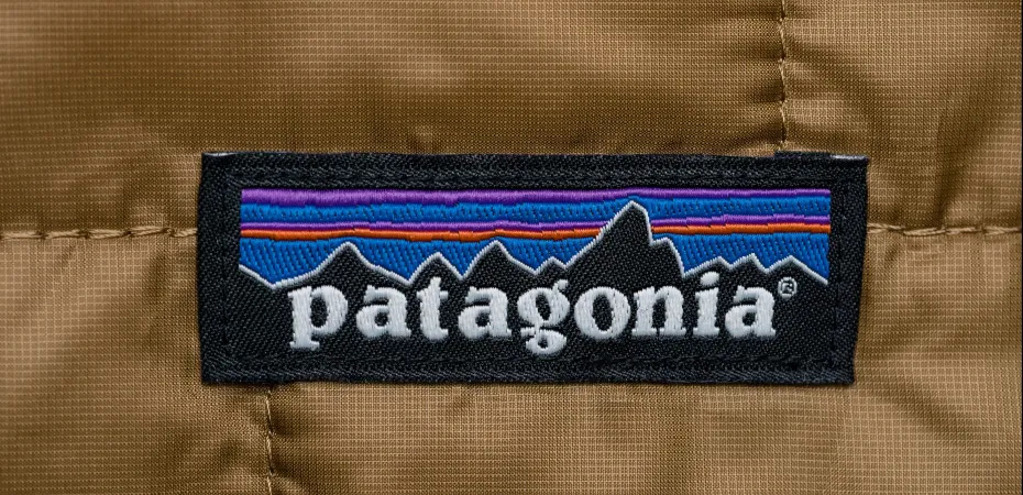Earlier this month, the “unconventional” billionaire and CEO of Patagonia, Yvon Chouinard, declared that he would be giving away the billion-dollar company, and its revenues, to a non-profit organization that is dedicated to mitigating the impacts of climate change and advocating for the environment.
Although Chouinard’s actions seem altruistic, it’s important to consider if the transfer of profits is truly a good thing, and whether or not this is an act of greenwashing to create more traction for the outdoor clothing company.
To fully analyze their most recent announcement, it’s worthwhile to think of the values and actions that the company has stood for and put into practice since the inception of the brand in 1973. If one goes to Patagonia’s website, they put various resources discussing their transparency and sustainability practices on the forefront of the site, to ensure that customers can check on the brand’s environmental footprint, their commitment to durable and repairable fashion, and their contributions to the “1% for the Planet” alliance.
In contrast, the 2021 Fashion Transparency Index, which carefully reviews and analyzes the policies and practices that large fashion brands put into order, gave Patagonia a score of 51 to 60 per cent out of 100, due to their inability to ensure a living wage across all stages of production, and presenting no proof of efforts towards combatting deforestation during the clothing manufacturing process. Despite this, Patagonia is still recognized as better than the most recognizable fashion brands in the market.
Another interesting aspect to consider after Patagonia’s announcement is that the non-profit organization where 98 per cent of Patagonia’s shares are going to go, The Holdfast Collective, can ensue donations for political causes. Because The Holdfast Collective is categorized as a 501(c)(4) organization, this means that donations can be made towards political causes, which in the case of other companies, such as Tripp Lite, has entailed donations towards controversial issues such as anti-abortion efforts in the United States.
Likewise, the choice to donate profits to The Holdfast Collective, rather than exploring the option of selling the company itself, might have been financially motivated. The decision of donating Patagonia’s revenues to the non-profit organization entailed that Chouinard would owe over $17 million in taxes for the donations, which is considerably a lot less than what he would have owed if Patagonia was sold. In that case, Chouinard would have had to pay a hefty $700 million, as well as a gift tax and estate tax. On the other hand, in Chouinard’s statement, he claims that the possibility of selling the company was explored, but he feared that a new owner would not uphold the values that he and his family have always strived for.
Another area of concern is that Patagonia has not clarified yet what The Holdfast Collective truly even does. On Patagonia’s website, they briefly clarify that the collective “…will use every dollar received to fight the environmental crisis, protect nature and biodiversity, and support thriving communities, as quickly as possible.” Other than this short description, there is not any information posted that describes how the collective will mitigate the environmental crisis or any links to their previous work.
Funnily enough, if one tries to look up the non-profit, nothing of substance comes about. The first website that comes up after a quick Google search, is a different non-profit organization of the same name, which has since posted an announcement on its homepage clarifying that they are not the company that Patagonia is working with.
For the time being, it is difficult to determine the outcomes that Patagonia’s transfer of profits will cause, or determine if the environment will see any benefits from the company’s corporate decisions.
One thing to be said though is that it is foolish to think that the production of new goods, as sustainable as they might be, can truly benefit the environment, considering the global issue of clothing waste. At the very least, we can hope that Patagonia’s decision will encourage more conversations about the state of the environment, and the role that companies play within it.

